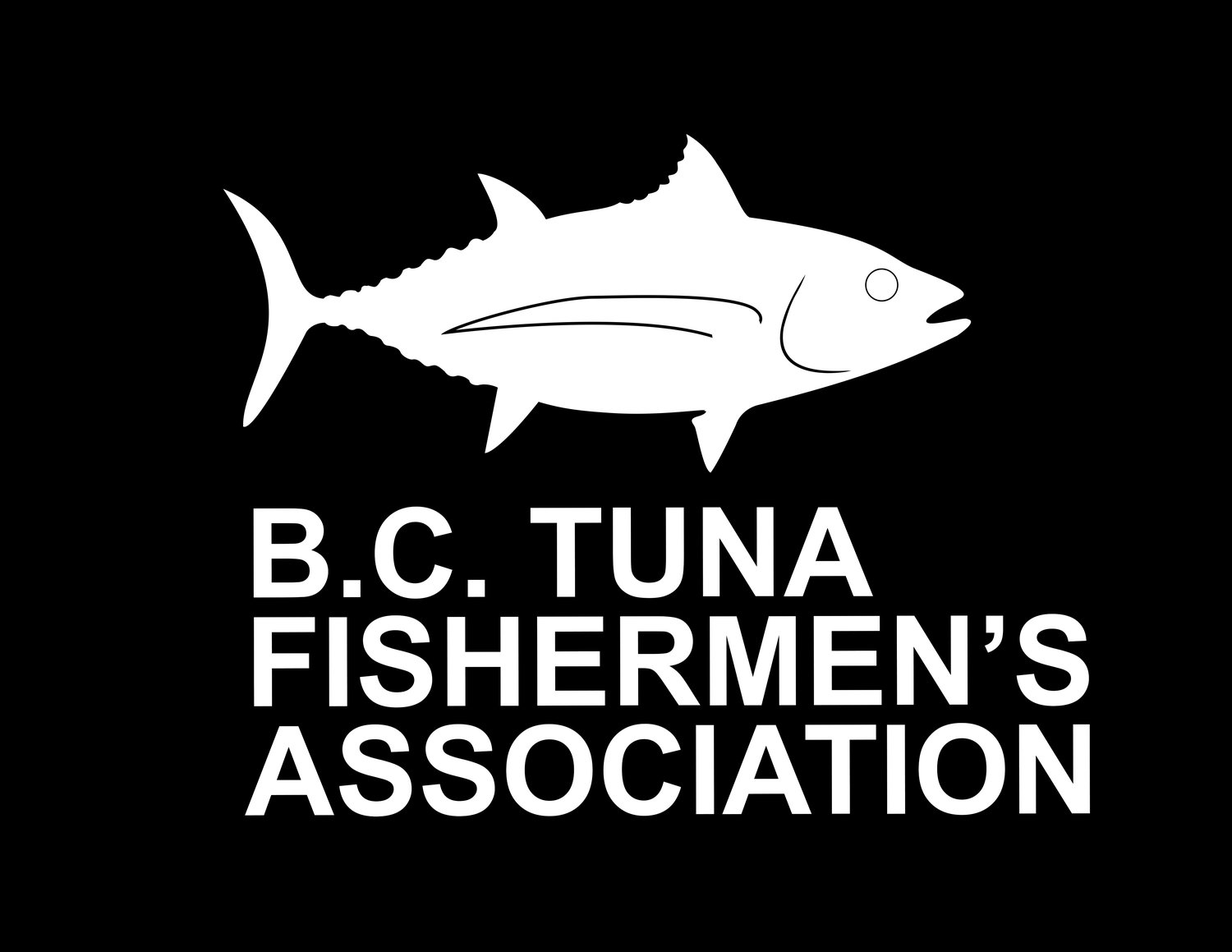By Christopher Free barrons.com
The ocean has been steadily warming over the past 100 years, absorbing most of the heat trapped by atmospheric greenhouse gases. Unless we swiftly and dramatically reduce greenhouse gas emissions, the ocean could warm by as much as 4°C in the next 80 years. This puts fish and the people they feed and employ in hot water. Half of the planet relies on fish as a vital source of protein, and the fishing industry employs more than 56 million people worldwide.
Understanding where and why fisheries have been impacted by warming is necessary to ensure that the ocean remains a source of both nutrition and prosperity. In a study published in Science, I, along with colleagues from Rutgers University and the U.S. National Oceanic and Atmospheric Administration, show that ocean warming has already hurt fisheries’ ability to provide food and support livelihoods around the globe.
…
So, what should we do?
First, some good news is that well-managed fisheries like Atlantic scallops were among the most resilient to warming, while fisheries with a history of overfishing, such as Irish and North Sea cod, were among the most vulnerable. Thus, preventing overfishing and rebuilding overfished populations will enhance resilience and maximize long-term food and income potential.
Second, new research suggests that food and profits from fisheries could be maintained with swift climate-adaptive management reforms. These reforms require that scientific agencies, in coordination with the fishing industry, develop new methods for assessing the health of fish populations and for setting catch limits that account for the impact of climate change. They also require the establishment of new transboundary institutions—similar to the multinational organizations that manage tuna, swordfish, and marlin—to ensure that management does not degrade as fish shift poleward from one nation’s waters into another’s.
To read more visit:
https://www.barrons.com/articles/climate-change-is-already-reshaping-commercial-fishing-51553605227

